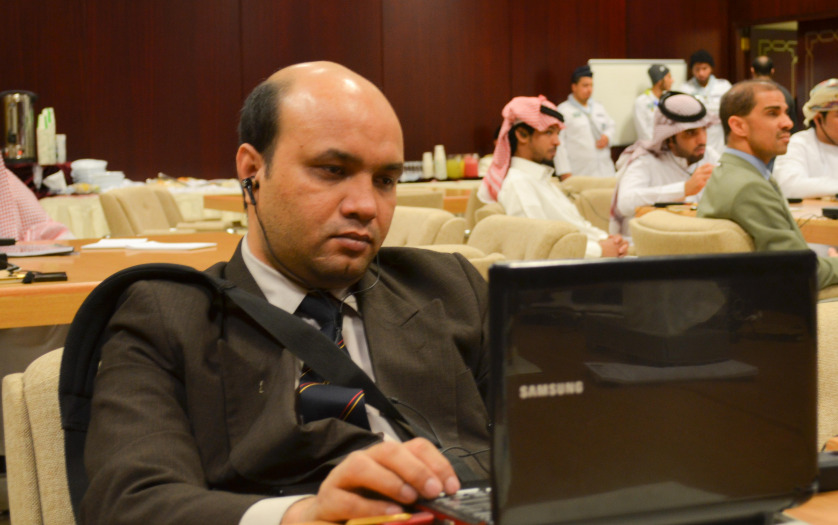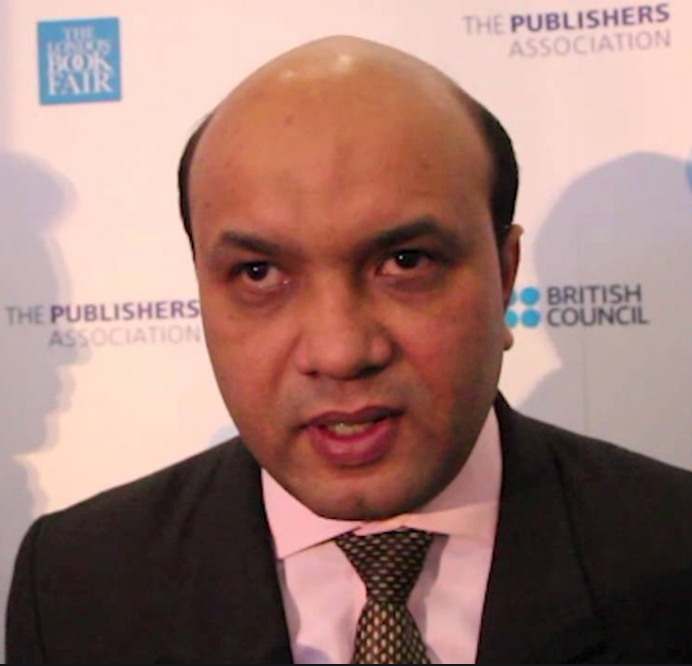Accessibility: A tale of world’s largest minority

Having lived with a disability most of my life since my birth, I care passionately about the issues and challenges around disability and, in particular, about the issue of accessibility. For people with disabilities, accessibility means inclusion in the political, cultural, and economic life of our society. Accessibility means allowing them to achieve their full potential.
My dream is of a fully accessible and inclusive society, one in which disability rights are seen as basic human rights, and people with disabilities can live independent lives, with all the freedoms that the rest of the population take for granted. The greatest freedom of all would be to apply for a job, confident that one’s candidacy will be judged by the normal criteria and his initial resume just like the other applicants, and this will only happen when they will get access to proper education and training facilities. Keeping this in mind, I have engaged and exhausting myself in numerous ways that is ultimately, I believe, easing the way of education, training and finance for the vulnerable communities of my country and eventually leading to a poverty free society. I have resorted to ICTs as in the last couple of decades, the world has witnessed radical changes in information and communication technologies (ICTs), which have opened new avenues for inclusive development around the world. ICTs have great potential to improve the quality of life of the persons with disabilities, for example, in accessing education, healthcare, and employment opportunities. While their living conditions vary, persons with disabilities show the experience of being exposed to discrimination, social exclusion and poverty. For instance, each year of the millions of books published worldwide, only 1-7 percent is made available to the 285 million visually impaired and print disabled persons, 90 per cent of whom live in low-income settings in developing countries like mine. In my country, approximately four million people are visually impaired. Illiteracy and unemployment are very high amongst them which, on the one hand, limit their options in life, and on the other hand, increase their dependency on others.
With the aim to build a nation ready to contribute in the 21st century workforce, I and my organization YPSA, with the help of Access to Information (a2i) program of Bangladesh Govt., went on to develop, for the first time in Bangladesh, accessible reading materials in DAISY standard and Bangladesh’s first Accessible Dictionary that has made primary and secondary education inclusive (SDG 4.a), accessible for all girls and boys (SDG 4.1) and also contributed to improving literacy and numeracy among the user groups (SDG 4.6). Also, I have introduced the idea of Inclusive Finance in Bangladesh that has opened avenues of economic and employment opportunities (SDG 8) for persons with disabilities.
Experience around the world has shown that people with disabilities make excellent employees, with high performance ratings and retention rates, as well as better attendance records than their colleagues without disabilities, and the costs of accessibility for people with disabilities, both as employees and as customers, are minimal, compared with the benefits. Therefore, concerned authorities should ensure adequate mechanisms, materials, facilities and take specific result focused initiatives to mainstream the persons with disabilities so that they can enjoy a satisfactory personal and professional life.
At last, to all my fellow persons with disabilities, I would give the same advice as Stephen Hawking gave, “concentrate on things your disability doesn’t prevent you doing well, and don’t regret the things it interferes with. Don’t be disabled in spirit as well as physically”.







